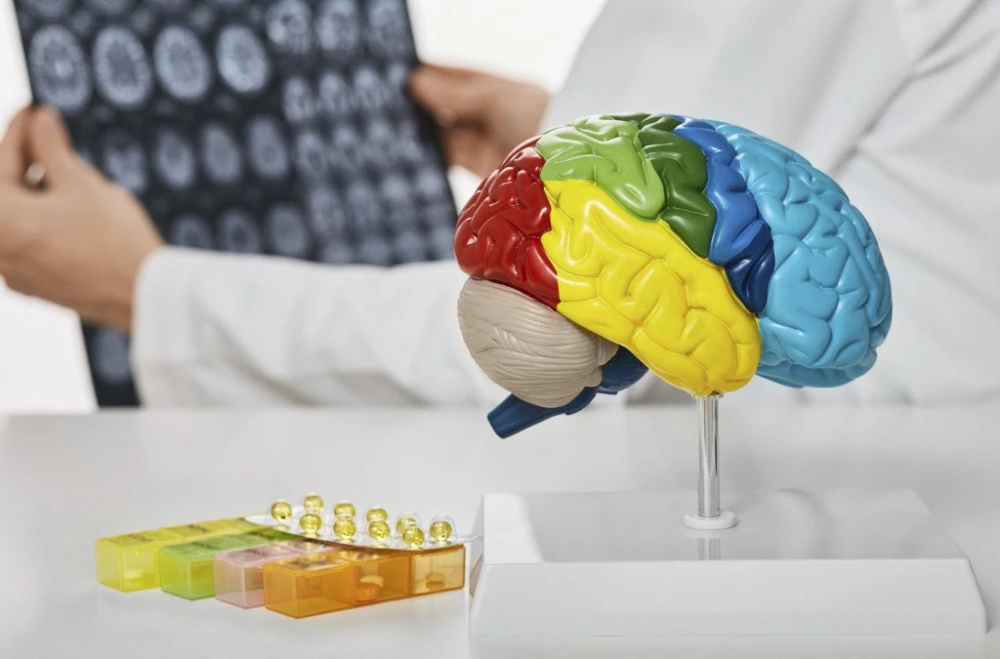A group of neurology experts at a hospital in Beijing, China, diagnose a 19-year-old patient with Alzheimer’s, the first case. Worldwide of a person of this age with the disease, which mainly affects older adults.
Also read: Alzheimer’s patients make a connection with music. How this therapy works in Venezuela
The finding, published in the Journal of Alzheimer’s Disease. Presents the analysis of a case of a 19-year-old with gradual memory impairment over two years.
According to the study, the patient began to suffer problems at the age of 17. Difficulties with his recent memory, as he could. Remember what he had eaten or where he had stored his belongings.
First case of Alzheimer’s diagnose in a 19-year-old patient
However, the most significant warning came when his reading ability began to decline. The point where he could no longer read, forcing him to abandon his studies.
The boy’s case began to be studied by neurologists and, although. The symptoms coincide with Alzheimer’s, the age did not match and there was no history of Alzheimer’s in his family.
The researchers analysed the results of the learning potential test (AVLT). A test standardise by the World Health Organisation that assesses auditory, verbal, neurocognitive and memory function.
The study, led by Jia Jianping, a member of the Department of Neurology at Xuanwu Hospital, also include a CT scan and an MRI.
First case of Alzheimer’s diagnose in a 19-year-old patient
The studies showed that this young man suffere from severe verbal, neurocognitive and memory impairment. Reveale the presence of biomarkers such as bilateral hippocampal atrophy and temporal lobe hypometabolism.
Alzheimer’s drug
The United States recently approve a new Alzheimer’s drug aimed at reducing cognitive decline in patients with the neurodegenerative disease, a long-awaited development after the failed launch of another treatment a year and a half ago.
The new drug, which will be marketed under the name Leqembi, is recommended by the Food and Drug Administration (FDA) for patients who have not yet reached an advanced stage of the disease.
Delivered intravenously once every two weeks, it is developed by Japanese pharmaceutical company Eisai, in partnership with US-based Biogen.
The drug represents „an important step in our battle to effectively treat Alzheimer’s disease,” which affects about 6.5 million Americans, the FDA said in a statement.
Leqembi, whose active ingredient is called lecanemab, targets deposits of a protein called beta-amyloid.
Although the cause of Alzheimer’s disease remains poorly understood, patients develop amyloid plaques in the brain, which form around neurons and eventually destroy them.
This is what causes the memory loss characteristic of the disease. In the later stages, patients can no longer perform daily tasks or carry on conversations.






